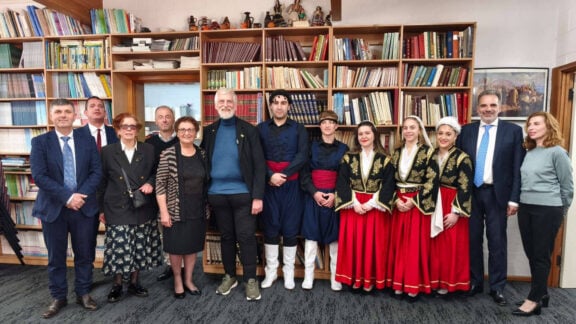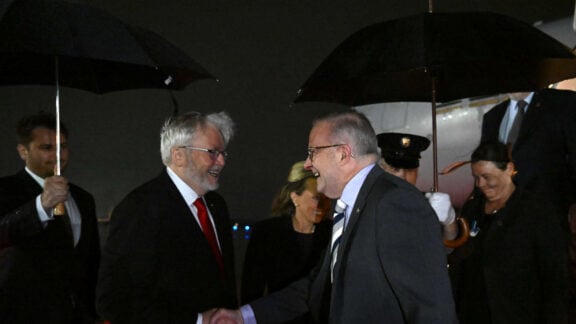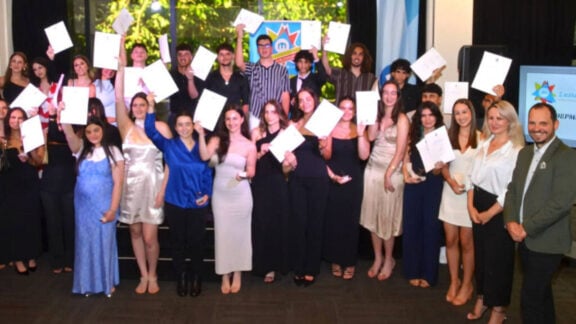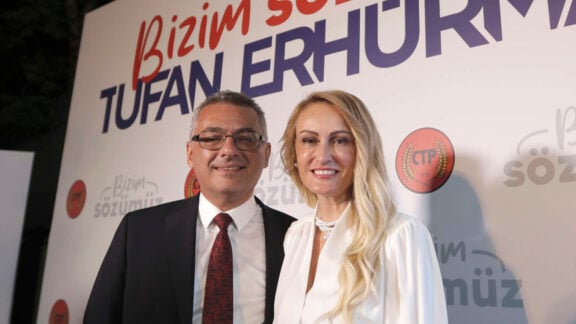The Chief Executive Officer of the Federation of Community Language Schools, Michael Christodoulou AM, has welcomed the commitment from the Federal Labor Party to fund the teaching of community languages to the tune of 15 million dollars if it wins the election next month.
“The funding would make a significant impact, as many schools rely on volunteer teachers, the use of public-school classrooms, and fundraising to keep operating,” she said.
“They can do a lot of things with that amount of money. These schools do a lot of good work. Most of the students who attend language schools do continue with it right into high school, and even HSC.”

Labor’s commitment was announced by the Shadow Minister for Education, Tanya Plibersek, at the Federation’s annual conference on the weekend attended by 400 of the state’s community language school teachers.
Ms Plibersek told the conference: “Every community language school that is (funded) by a state or territory government will receive a grant offer of up to $30,000 over three years, with the amount of funding dependent on the number of enrolments.
“It will allow community language schools to expand their programs to pre-schoolers, improve teacher training, and upgrade classroom resources. For example, the funding might be used to subsidise a teacher’s TAFE course in community languages, purchase educational equipment such as laptops, or develop new teaching materials. Community language schools mean kids born or growing up in Australia can learn the language and culture of their parents, grandparents, and others who migrated here from overseas.

“Learning a second language is good for all Australian kids, regardless of their language or cultural background. It helps prepare them for the economy and jobs of the future,” she added..
NSW Minister for Multiculturalism Mark Coure also agreed that everyone should be learning a second language as it presents Australia with the opportunity to embrace multiculturalism in a practical way.

“There are a raft of benefits to learning and being able to speak another language. For Sydney to really live up to our potential as a Global City, more of us need a greater knowledge of a second language,” he said.
“It can help people connect or reconnect with a cultural group—language and culture are closely interlinked after all. It can even help us understand the way other cultures do business, which would allow us to be more competitive in a globalised economy.”
Lucia Johns, President of the Federation, shared her excitement when hearing politicians from both sides arguing the benefits for all children to learn a second language, whether it is the language of their parents and grandparents or not. “The whole country would benefit,” she said.










